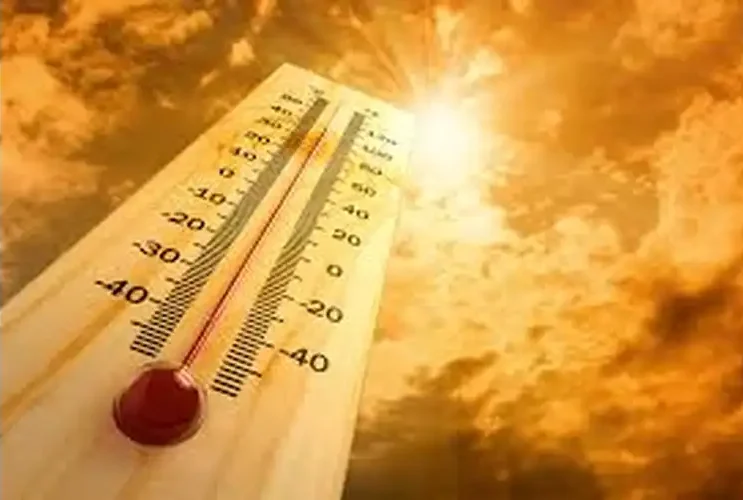In Southern Nevada, the pressing issue of extreme heat has been brought to the forefront largely due to the efforts of Ariel Choinard and her Nevada Heat Lab. Despite the region’s long-standing desert climate, proactive measures to address heat-related health risks have lagged behind other cities. Choinard, who became the coordinator of the Nevada Heat Lab in 2023, has spearheaded efforts to tackle urban heat challenges, transforming the lab into a key player in regional heat management and policy discussions.
The Nevada Heat Lab, originally the Southern Nevada Heat Resilience Lab, engages in collaborations with municipal governments, nonprofits, and other agencies to improve heat response strategies. The lab, under Choinard’s leadership, has pushed for more effective cooling stations and broader heat response initiatives. This is crucial in a region where heat claimed 527 lives last year, highlighting the urgent need for better preparedness as Las Vegas and Reno rank among the fastest-warming cities in the U.S.
A significant part of the lab’s work involves addressing the inequitable distribution of heat impacts. Urban heat islands, areas with less greenery and more pavement, exacerbate temperature elevations, disproportionately affecting certain neighborhoods. While cooling stations are activated during extreme heat warnings, their visibility and accessibility remain challenges.
Funding is a persistent issue for heat response initiatives. Efforts like distributing bus passes for transportation to cooling centers require resources that are not always readily available. The Nevada Heat Lab itself relies on federal funding, which faces increasing scrutiny and potential cuts.
Future plans include legislative efforts to create a statewide office dedicated to extreme heat management, akin to Arizona’s model. Additionally, there are proposals at both state and federal levels to secure funding for urban heat initiatives by reclassifying heat as a weather disaster.
Despite these challenges, Nevada has made some progress. New regulations protect workers from heat, and there are plans to increase tree planting to reduce urban heat islands. The lab continues to develop research initiatives to highlight the economic and social impacts of extreme heat, aiming to shift the narrative that heat only affects specific vulnerable groups.
Choinard emphasizes that extreme heat is a community-wide issue, impacting everyone from neighbors to family members, and requires coordinated action and awareness.

























